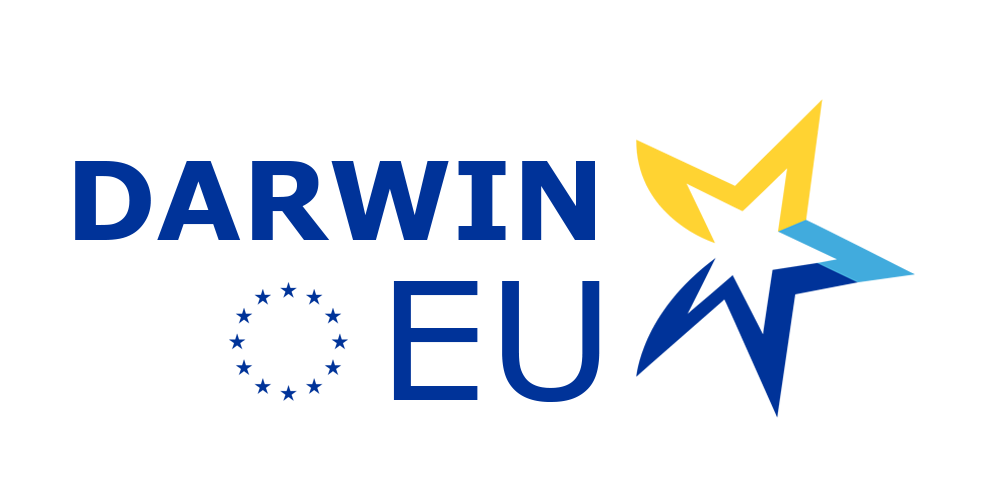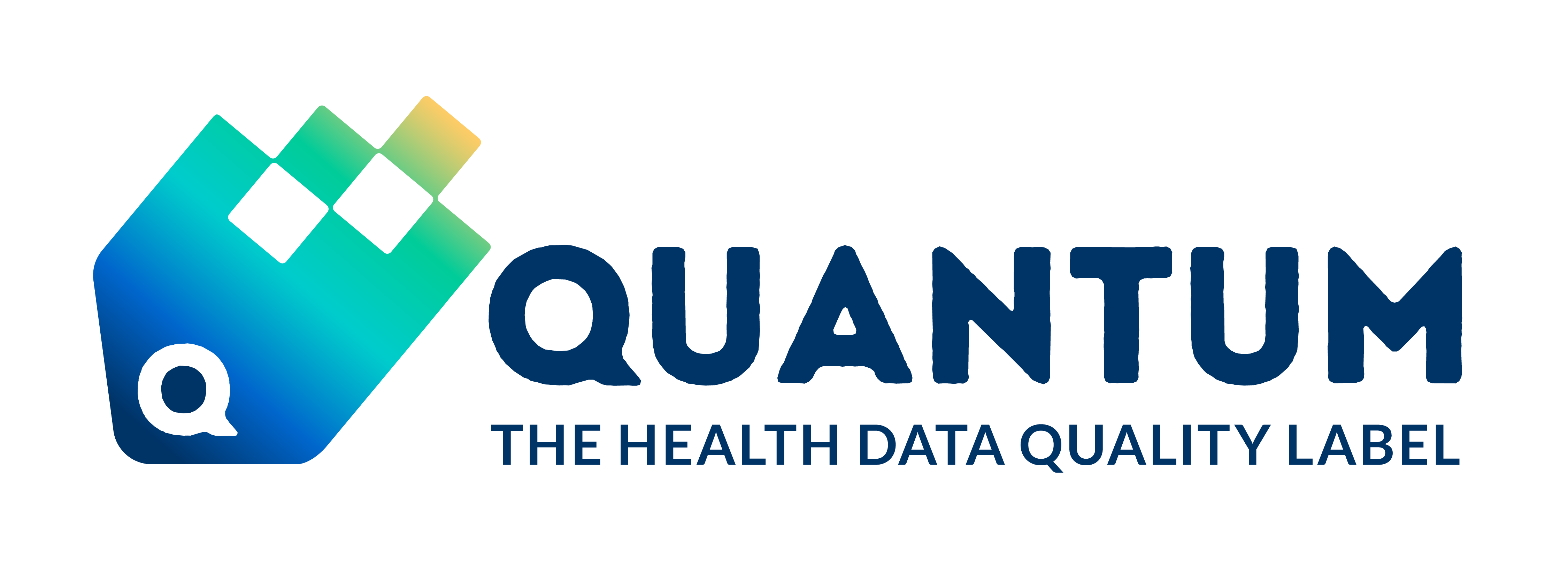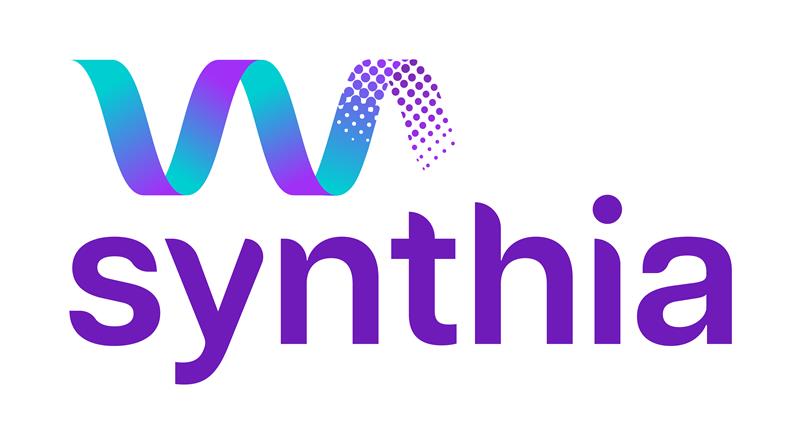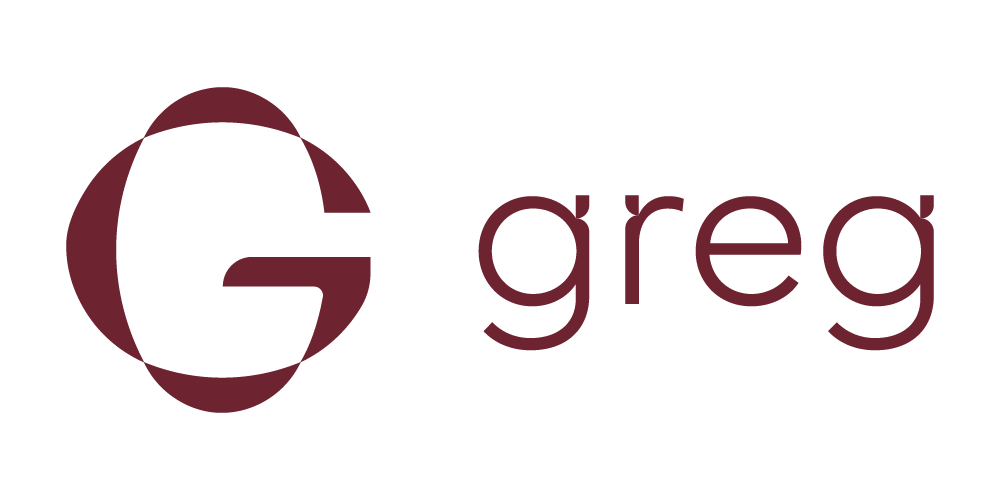
The European Medicines Agency (EMA) and the European Medicines Regulatory Network established a coordination centre to provide timely and reliable evidence on the use, safety and effectiveness of medicines for human use, including vaccines, from real world healthcare databases across the European Union (EU). This capability is called the Data Analysis and Real World Interrogation Network (DARWIN EU®), which has been established by the Medical Informatics department at the EMC, after a call for tender in 2022.
DARWIN EU® has been fully operational since 2024, and delivers real-world evidence from across Europe on diseases, populations, and the uses and performance of medicines.
This enables EMA and national competent authorities in the European medicines regulatory network to use these data whenever needed throughout the lifecycle of a medicinal product.
DARWIN EU® supports regulatory decision-making by:
- providing a source of high-quality, validated real-world data on the uses, safety and efficacy of medicines;
- addressing specific questions by carrying out high-quality, non-interventional studies, including developing scientific protocols, interrogating relevant data sources and interpreting and reporting study results;
- expanding the Heads of Medicines Agency (HMA)-EMA catalogue of real-world data sources for use in medicines regulation and the HMA-EMA catalogue of real-world data studies.
There are currently 31 healthcare data partners enabling distributed data access via DARWIN EU®, with plans to evolve and expand this up to 40 over time.

QUANTUM’s objective is to create a common label system for Europe that will allow its use in all countries for scientific and health innovation purposes. These labels will enable researchers to use data with a notion of the quality and utility that will ensure that their research and innovations are effective and provide value to society. This will follow the standards set in the Article 78 of the European Health Data Space (EHDS) Regulation proposal, which mandates labelling health datasets within the EU to show their quality and usefulness. This initiative promotes transparency and trust in health data sharing across the EU for secondary purposes, benefiting research, innovation and healthcare systems as a whole.
The HDS team is part of the expert panels to define the dimensions and metrics for the data quality label. We also help evaluating the implementation by testing the labeling tool on our own datasets, and providing input for the creation of training materials.

SYNTHIA is a multidisciplinary collaboration of 32 consortium partners - SDG developers, FAIR data experts, clinical researchers, developers of therapies and data-based tools, legal experts, socio-economic analysts, regulatory, policy advocacy, and communication experts - that will provide a 360º vision on how to advance healthcare applications through Synthetic Data use. SYNTHIA is set to revolutionize the field of personalized medicine by harnessing the power of synthetic data (SD). As the first IHI (Innovative Healthcare Initiative) Synthetic Data project to tackle the critical need for privacy - preserving data solutions in healthcare, SYNTHIA aims to propel research and innovation to new heights, ensuring that patients receive the best possible care while safeguarding their personal information. SYNTHIA was launched in September 2024.
Our team is involved in this project and provides expertise on the CDM and integration of other data modalities such as genomics, wearables, and imaging data.

GREG – “Testing, improving, and co-creating Guidance and Tools for Real World Evidence Generation and Use for Decision-Making in Europe”, is a 60-month initiative that began in May 2025, funded by the Innovative Health Initiative Joint Undertaking (IHI JU). IHI supports collaborative research projects and builds networks of industrial and academic experts in order to boost health research and innovation in Europe. This Joint Undertaking receives support from the European Union’s Horizon Europe research and innovation programme and COCIR, EFPIA, Europa Bío, MedTech Europe, and Vaccines Europe.
The GREG project will create, pilot-test, and share practical, evidence-based guidance and tools to help generate and use Real-World Evidence (RWE). By improving how RWE informs the development and evaluation of medicines, medical devices, and drug-device combinations, GREG will support better decision-making for regulators and Health Technology Assessment (HTA) bodies.

European Health Data and Evidence Network (EHDEN)
Europe is generating huge amounts of patient-level information contained in Electronic Health Record (EHR) systems and other types of health databases. These include structured data in the form of diagnoses, medications, laboratory test results, and unstructured data in clinical narratives. The Electronic Health Data in a European Network (EHDEN) Consortium leverages these vast volumes of data to improve future clinical practice and individual patient outcomes by increasing our understanding of disease and treatment pathways. EHDEN will galvanize transparent and reproducible analytics that will generate valid real-world evidence to improve patient care, and enable medical outcomes-based research at an unprecedented scale. The EHDEN Consortium provides the infrastructure and eco-system supporting disease-specific projects in the IMI Big Data for Better Outcomes (BD4BO) programme. The core of EHDEN is the use of a common data model (OMOP-CDM), standardised outcome assessment (ICHOM), and transparent open-source analytics (OHDSI). The objective of the EHDEN consortium is to provide all the necessary services that enable a distributed European data network to perform fast, scalable and highly reproducible research, while respecting privacy regulations, local data provenance and governance. This will include services and tools to perform data standardization, analytical pipelines, tools to share study results, and tools for stakeholder engagement and training. The EHDEN Consortium combines active participation of stakeholder representatives with proven experience in: a) integrating different data types, methods and technologies to utilize diverse clinical datasets; b) platform development to make methods and datasets Findable, Accessible, Interoperable and Reusable (FAIR); and c) engaging a wide variety of stakeholders, including health technology assessment agencies, regulators and patients.
Associate Professor Peter Rijnbeek is the coordinator of the EHDEN project.
European COVID-19 Observational Research Exchange (ECORE)
In June 2020, EMA contracted the company IQVIA with a project to build a framework for the conduct of multicentre cohort studies on the use of medicines in COVID-19 patients (press release). This project will include the identification of large national cohorts of COVID-19 patients and appropriate comparator groups, the development of a study protocol template for multinational studies as well as the establishment of a collaborative framework for researchers. The project will be carried out in collaboration with the European Health Data & Evidence Network (EHDEN) consortium, which was established under the Innovative Medicines Initiative and includes the Erasmus Medical Centre in Rotterdam and the University of Oxford as project lead and research coordinator, respectively.
The HDS team is involved in this project and provides expertise on the CDM and linkage with the EHDEN project.
Ranitidine Drug Utilisation Study
Ranitidine is a competitive and reversible inhibitor of the action of histamine, released by enterochromaffin-like (ECL) cells, at the histamine H2-receptors on parietal cells in the stomach. It is indicated for the management of peptic ulceration, Gastroesophageal Reflux Disease (GERD), reflux oesophagitis, Zollinger-Ellison syndrome, chronic episodic dyspepsia, peptic ulcer hemorrhage, prophylaxis of stress ulceration, Mendelsons syndrome, duodenal ulcers, benign gastric ulcers, post-operative ulcer, symptomatic relief of heart burn, dyspepsia (acid indigestion), hyperacidity, and prevention of symptoms associated with consuming food and drink. Ranitidine is available for oral and parenteral administration.
The EU authorities were notified of the results of a preliminary laboratory analysis of ranitidine showing the presence of N-Nitrosodimethylamine (NDMA). The results on a limited sample of products showed that for the majority of both ranitidine APIs and finished products, NDMA was above the acceptable intake established during the referral procedure under Article 31 of Directive 2001/83/EC for sartans with a tetrazole ring (considering the maximum daily dose authorised in the EU, and long-term use in a 50 kg adult). Following extensive validation of the analytical method, the presence of NDMA in ranitidine finished products was confirmed.
The objective of this project is to rapidly generate information about prescribing and use patterns of ranitidine-containing medicines in EU Member States that will inform on the population at risk of exposure to NDMA (or other nitrosamines) through use of ranitidine.
The HDS team is collaboration with the team of Katia Verhamme in this project.
Project SCYLLA
An international cohort of OHDSI collaborators obtained a grant from the COVID-19 Therapeutics Accelerator to lead an effort to compare the effectiveness of treatments, including corticosteroids such as dexamethasone, under current evaluation for COVID-19 across an international observational data network. The Therapeutics Accelerator is an initiative launched by the Bill & Melinda Gates Foundation, Wellcome, and Mastercard to speed up the response to the COVID-19 pandemic by identifying, assessing, developing, and scaling up treatments.
Researchers from the University of Oxford, Columbia University, UCLA and Erasmus University Medical Center are leading this work through Project SCYLLA (SARS-Cov-2 Large-scale Longitudinal Analyses), one of the emerging efforts to come from OHDSI’s global work surrounding COVID-19 research.
The HDS Team is involved in the analyses of the data and is providing data from the IPCI database for this study.
OHDSI Europe
The Observational Health Data Sciences and Informatics (or OHDSI, pronounced "Odyssey") program is a multi-stakeholder, interdisciplinary collaborative to bring out the value of health data through large-scale analytics. OHDSI aims to generate accurate, reproducible, and well-calibrated evidence and promote better health decisions and better care. All our solutions are open-source. OHDSI has established an global network of researchers and observational health databases with a central coordinating center housed at Columbia University, see www.ohdsi.org.
OHDSI Europe is led by the coordinating center at the Erasmus University Medical Center in Rotterdam. We like to build a strong European OHDSI community that actively contributes to the further extension of the OMOP-CDM and analytical tool development. The team has organized symposia at the Erasmus MC in 2018 and 2019.

Health Outcomes Observatory (H2O)
http://health-outcomes-observatory.eu
We have started an exciting journey to give European patients a bigger and more influential voice in their own individual health care decisions and treatments. We will do so by providing patients with digital tools which will allow them to measure their symptoms in a standardized manner, communicate with their physicians and other healthcare providers and align on the right course of action. In addition to empowering patients, the H2O project is designed to enable a value-based approach in healthcare systems, improving their sustainability by helping them optimize care delivery and the use of their resources around outcomes that matter to patients. The project will set up independent organisations – the observatories – in four European countries (Austria, Germany, the Netherlands and Spain), initially focused on diabetes, inflammatory bowel disease and oncology. These will provide integrated information on patient outcomes for patients and their healthcare providers for use in clinical care. H2O aims to eventually launch observatories throughout Europe, covering many more disease categories. H2O is funded by the Innovative Medicines Initiative (IMI).
The HDS group is participating in H2O in the tasks where the OMOP Common Data Model is involved and will bring in its expertise obtained in OHDSI and the EHDEN project.

EU Patient-Centric Clinical Trial Platforms (EU-PEARL)
EU-PEARL brings together patients, clinicians, industry, researchers and authorities to create an open and trusted environment for knowledge sharing and science-driven debate on innovative clinical trials. Extensive cooperation amongst all stakeholders to improve health outcomes for patients is the driving force behind EU-PEARL. EU-PEARL brings together patients, clinicians, industry, researchers and authorities to create an open and trusted environment for knowledge sharing and science-driven debate on innovative clinical trials. Extensive cooperation amongst all stakeholders to improve health outcomes for patients is the driving force behind EU-PEARL. EU-PEARL brings together patients, clinicians, industry, researchers and authorities to create an open and trusted environment for knowledge sharing and science-driven debate on innovative clinical trials. Extensive cooperation amongst all stakeholders to improve health outcomes for patients is the driving force behind EU-PEARL.
The HDS group is participating in all tasks related to the OMOP Common Data Model in the EU-PEARL project.


